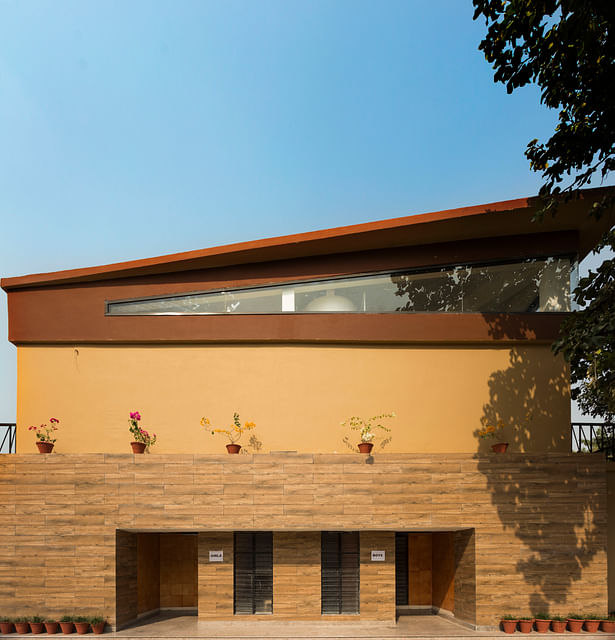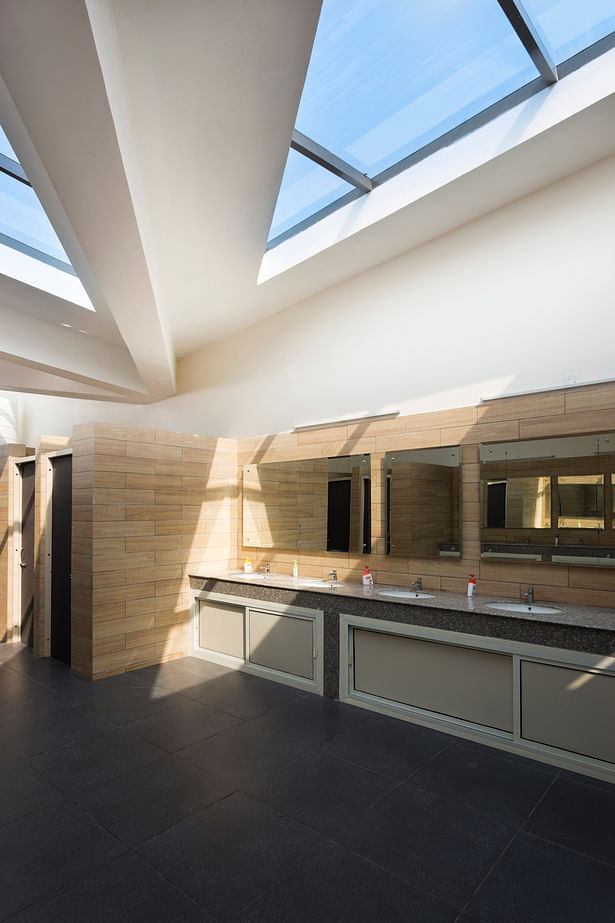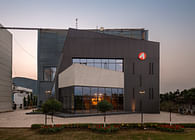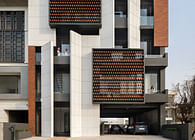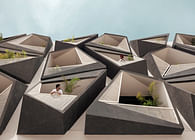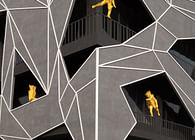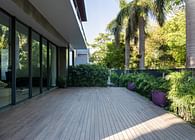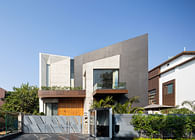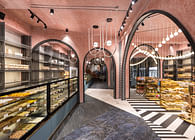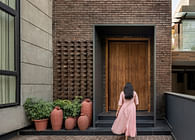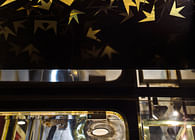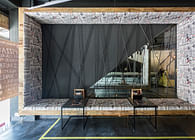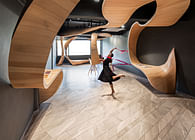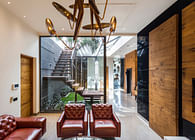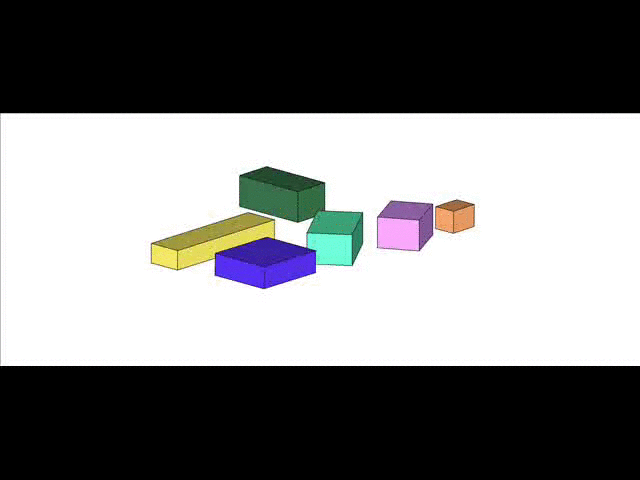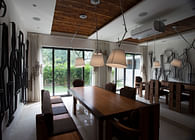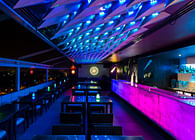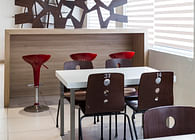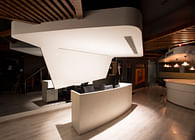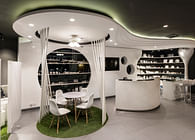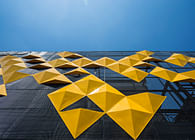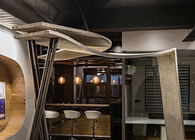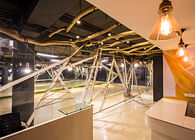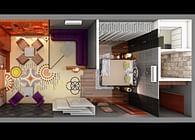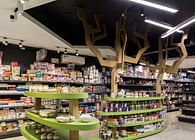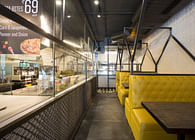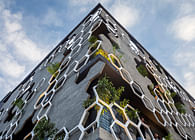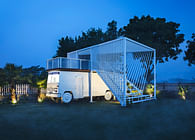
Panchkula (Haryana) India.
Project description
PROJECT ZEET (Zero Energy Ethical Toilets)
For most of us, going to the toilet is as simple and natural as breathing. However, about 250 million people in India still do not have access to clean and safe toilets. In 2014, the Indian government launched the 'Clean India Campaign' with the goal of eliminating the practice of open defecation. While this did bring about a significant increase in the accessibility to toilets, reports indicate that a large number of these toilets remain unused. After much research, we found that people believed that open defecation was a cleaner practice since the regular toilets were dark and dingy and increased the spread of diseases. They also feared that mosquitoes and flies would increase with the presence of toilets. Besides, defecating in open with fresh air is an age old tradition, which is now a habit difficult to break away from.
Aiming to find an ethical solution to this problem, Project ZEET started as a conceptual prototype of a public toilet. The major challenge was to come up with an off-grid proposal that could address the cultural concerns for not using toilets and be energy efficient at the same time. The aim was to develop a toilet prototype that has zero energy requirements and thereby, lower running costs.
The prerequisites boiled down to very simplistic needs and we came with four fundamentals that would be the defining factors for ZEET - Fresh air , Natural light, Sanitization and Low maintenance materials. The resulting prototype is a simple volume with a high roof consisting of wind driven turbo ventilators that are normally used in industrial structures. Based on the principle of stack ventilation, they pull the hot and foul air out of the structure and draw fresh air inside. Glass skylights, apart from eliminating the need for artificial lighting, introduce direct sunlight with ultraviolet rays that kills the bacteria and germs, keep the toilets sanitized. Glass also acts as a barrier for insects and other animals which are common in India owing to the climatic conditions, thus making the toilets safe. ZEET toilets are self-sufficient in terms of energy since these do not require any electricity apart from the energy needed for water supply and storage.
So far, the research has culminated into one built project- Extension of the toilet block of a school situated in a rural background. Since a structure together with plumbing services was already in place, building the extension on its top was thought as the most sustainable and cost effective solution. Using the same design principles, the space is lit by a set of triangular skylights that bring the light in like a dynamic painting.
Project ZEET is an extensive undertaking towards a greener and cleaner rural ecosystem, exterminating all the taboos regarding public toilets.
Status: Built
Location: Parowal - Garhshankar (Punjab) India.
Firm Role: Principal Architect
Additional Credits: Other technical info
Lead Architect –Badrinath Kaleru
Team- Badrinath Kaleru, Prerna Kaleru, Sanchit Dhiman, Palak Puri, Abhimanyu Sharma
Client –Harpreet Kaur Bains
Consultant – Structure Design – Continental foundations(Vikas Bhardwaj), Electrical Consultants – The luminars (Tajender kalsi), Interior Contractor– RK Traders (Vijay Singh) ,Building Contractor – OWN Contractors (Narender Pal Singh, Girish Khanna)
Manufacturer / Products
Toilet Fixtures - TOTO , GROHE
Glass – Saint Gobain
Windows – Technal
Paint – Dulux
